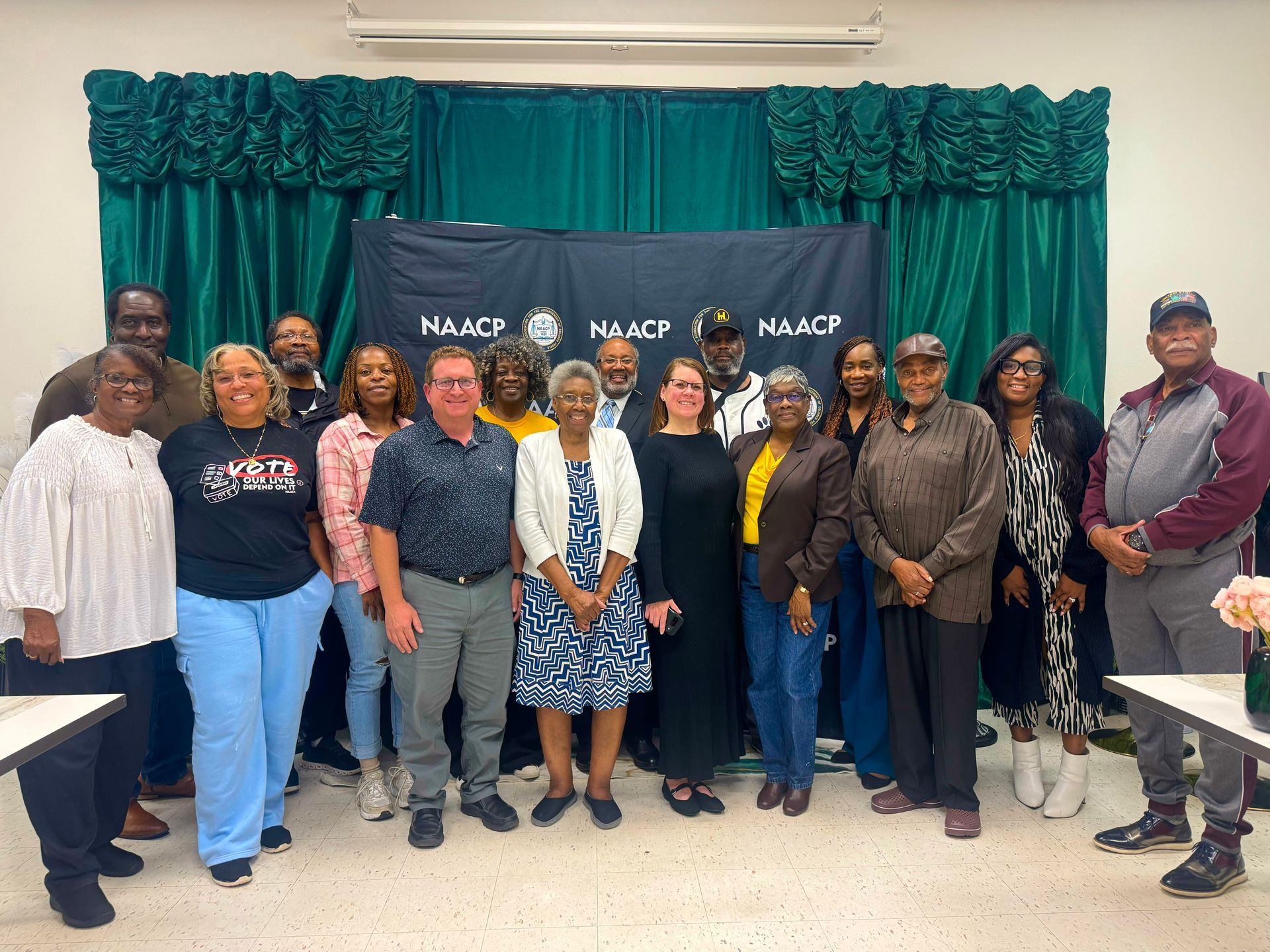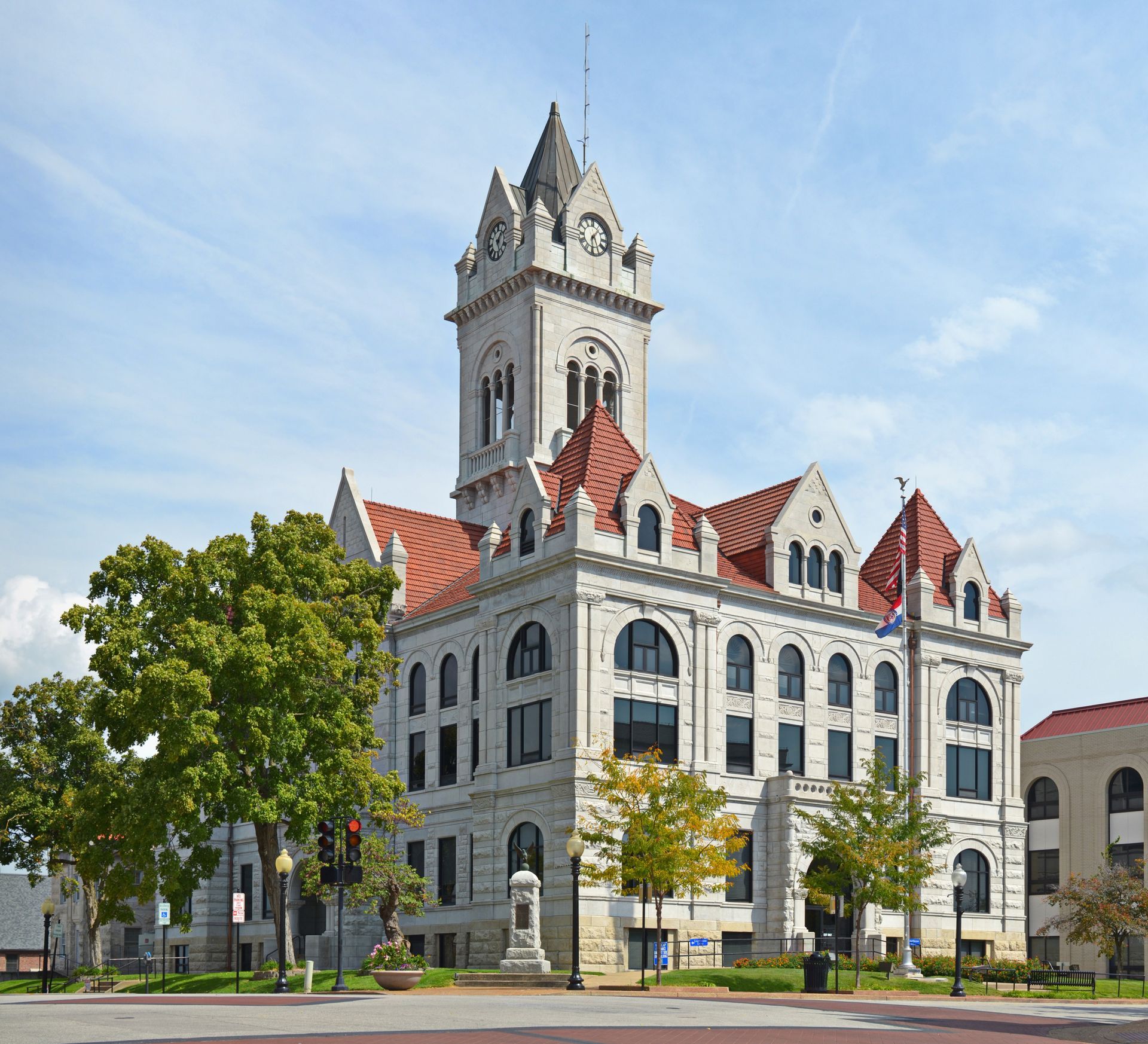A NEW DEATH SENTENCE FOR MISSOURI INMATES?
Has inadequate medical care become the
new death sentence for Missouri inmates?
FOREWORD:
When it comes to prisoners in Missouri, very rarely are we spoken for or even considered in any health benefit plan. The public has no clue that adequate medical care for prisoners is, for the most part, non-existent. We may be incarcerated, but we are still human beings and the fact that the vast majority of us are only provided the bare minimum when it comes to health care is a severe punishment on top of the one we have already been issued in the form of a prison sentence. I've witnessed firsthand many inmates who were denied or rejected medical attention during the prison "sick call" (this is when inmates can go to the medical building and explain the symptoms they're experiencing to a nurse, in hopes of receiving some type of treatment). We ore often denied medical screening if our medical issue or complaint is not a life-threatening condition, unless the nurse believes we should be referred to a prison physician. Why has the fact that so many inmates have died from symptoms that were ignored by medical physicians in prisons continued to be swept under the rug? Has the lack of medical care become "the new death sentence" for us?
Statistics will show that prisoners have the highest rate of poor health conditions and deaths stemming from a lack of the right nutrients, proper healthcare services, etc. Without the health issues of the incarcerated being adequately diagnosed and treated, we will continue to live in fear of an early death due to health issues. The following is one of many stories I have to share with you regarding the health crisis here, in hopes that one day change will come ...
There was a sense of calmness and concern that filled the air as I looked out of my cell window into the wing. When I exited my cell, I was approached by a fellow inmate who asked, "Antwann, did you hear about Ronnie last night?" Curious as to what he was talking about, I responded "No, what happened?" He explained to me that Medical had to rush a fellow inmate named Ronnie Harrison to the
outside hospital because he was throwing up blood and had broken his leg due to a fall.
There were several inmates who genuinely cared for Ronnie. He was in his mid-SO's, with an Irish accent; and was as gentle as a butterfly, but could become a raging bull if provoked. For nearly a year, we had all seen Ronnie's health decline as he continued to complain to Medical about the symptoms he was experiencing. It was very difficult for me to watch him suffer, and even more painful because I could do nothing but just stand by, helpless. What created an overwhelming sense of anger within him was the fact that each time he went to Medical for help, he would be sent back to the housing unit with only basic pain medication. Several months came and went, and Ronnie continued to vomit blood as his situation progressively got worst.
Earlier in the afternoon on the day that Ronnie had been rushed to an outside hospital, I had seen him crouched over in a chair; motionless. He was conscious, but seemed as if he was In great pain and distress so I went over and asked, "Ronnie, are you okay?" He responded, "No, but medical won't do anything for me. I've tried to tell them that I think I have cancer, but they just keep giving me the runaround". I knew deep down inside that Ronnie was struggling to accept what was to come. We all realized that Ronnie was in bad shape, but nobody knew exactly how far along his condition was.
For several days after he left, everyone continued to ask staff about how Ronnie was doing, but we were never told much more than that he was still at the outside hospital. It wasn't until perhaps two weeks had passed that several inmates heard that Ronnie had made It back into the prison; he was in Medical TCU (Transitional Care Unit - A middle step between outside hospitals and the housing units.). One of the inmates here requested to go visit Ronnie the next day; and when he returned, he informed us of the severity of Ronnie's condition. He indeed had cancer, and it had gotten progressively worst over time; seeping into his bones, which made them weaker and more susceptible to injury such as his leg being broken. He was also on a feeding tube. It was in that moment of hearing his current condition that I knew Ronnie did not have long to live. Having previously worked in hospice at this facility, I already knew many of the signs and symptoms leading towards a person's death. Not long after the news came, Ronnie passed away. All I could think was, "How could anyone be so insensible to the care and needs of another human?"
As I reflect back on Ronnie's death, I think about all of the other men I've also watched die from inadequate medical care. As a prison journalist, it's not easy covering these kinds of difficult topics because I have to balance my thoughts and emotions in order to be able to express myself in a way that can help readers fully grasp what's going on. At times, I feel the weight of the world on my shoulders, because there are others within these prison walls that truly depend on me to tell the story of what goes on in places like this. At times, my greatest fear is becoming one of the inmates mentioned in an article written about people dying in prison. I can only give glory to God for blessing me with the ability to be a vessel for Him and a voice for others to show that those who are incarcerated are humans, too... because we are often viewed as anything but that.
I pray that my words are impactful enough to spark some type of change, hopefully in the form of public officials stepping in and submitting a bill that would ensure adequate medical care for all prisoners. It's very painful watching your fellow prisoner or friend die in front of you; all the while, you're just sitting by; helpless... crying on the inside, full of rage and pain. How many more prisoners have to suffer and then die before something happens? To be denied proper healthcare is a form of torture, which results in prisoners suffering mentally and emotionally. Many of these illnesses and diseases are curable if treated at the early stages, but often times that would be expensive so the prisoner ends up suffering silently in the prison infirmary, hardly at ease.
There is no real mechanism set in place for the nurses and physicians here (or in many facilities within the Department of Corrections) to discern the warning signs of a life-threatening medical condition in its early stages with the naked eye, but many inmates here who complain of internal health issues are denied MRl's or CAT scans by the state because it would cost millions of dollars for inmates to be regularly screened by doctors outside of the facility at nearby medical centers. The question then becomes:
"Are 'prison physicians' qualified, or permitted, to adequately diagnose inmates who show
early signs of cancer, heart attack, strokes, or diabetes?"
Because the statistical data showing the amount of individuals in these facilities that die from symptoms related to those health issues would suggest anything but that. The prison healthcare providers often put profit first before the health of the prisoners they treat due to corporate greed. Society has to take a stand and declare that prisoner's health must also matter. If not, the lack of medical care here ... and in prisons everywhere ...
will definitely be the new death sentence.
NOTE FROM THE EDITOR: Missouri's incarcerated population is becoming increasingly elderly. As minimum mandatory sentencing and longer prison terms with fewer parole releases are becoming the norm, Missouri's DOC needs to have a plan to safely and adequately house or release a growing population of residents over the age of 70. You can read more about this problem from our allies at Empower Missouri here.
RECENT ARTICLES




